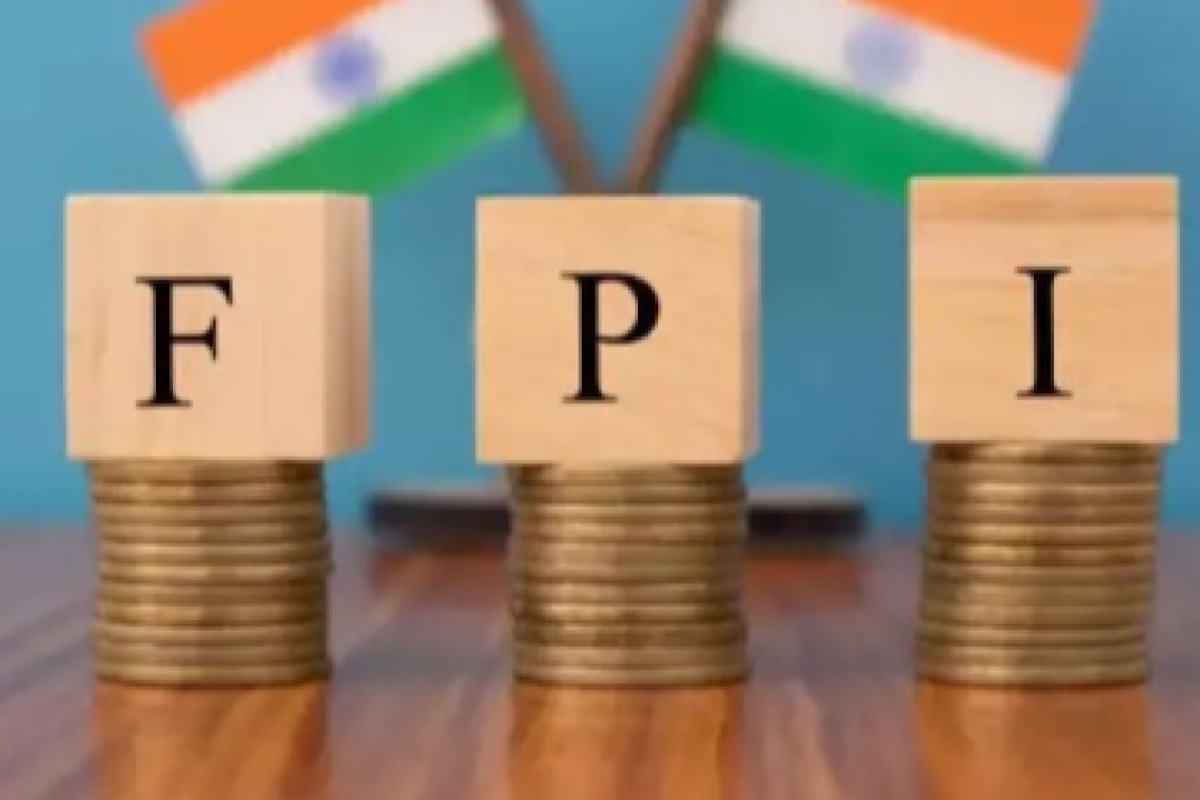Indian stocks open Thursday’s trade in red; Sensex down around 500 pts
Indian stocks opened Thursday's session with substantial losses led by a steep decline in IT and oil and gas shares. At 10 a.m.,
Foreign portfolio investors (FPIs) have increased buying in the Indian debt market because the rupee has been stable this year and the stability is expected to continue, market watchers said on Saturday.

FPIs (photo: IANS)
Foreign portfolio investors (FPIs) have increased buying in the Indian debt market because the rupee has been stable this year and the stability is expected to continue, market watchers said on Saturday.
Bulk of the buying that FPIs are doing now are through the ‘primary market and others’ category. In the cash market, they have been consistent sellers because of the elevated valuations.
Advertisement
In August, FPIs invested Rs 7,320 crore in equity compared to Rs 32,365 crore in July. They infused more than 11,366 crore in the Indian debt market, pushing the net inflow tally in the debt segment to more than the Rs 1 lakh crore mark in 2024 to date, according to NSDL data.
Advertisement
Analysts said that fundamental reason for the low FPI interest in the equity market is the high valuation and FPIs have opportunities to invest in much cheaper markets.
Leading FIIs have been selectively investing in defensive market segments, focusing on sectors such as healthcare and FMCG.
On the debt market front, the strong buying trend among FIIs can be traced back to India’s addition to JP Morgan’s Emerging Market government bond indices earlier this June, said Vaibhav Porwal, Co-founder, Dezerv.
The US Fed is expected to start its rate cut cycle in September. Historically, rate cut cycles in the US market have not been favourable for their equity markets.
“We anticipate that FIIs will shift their focus to emerging markets, deploying capital where valuations are more appealing. However, India may not be a significant beneficiary of these flows,” said Porwal.
FPIs have been selling in the secondary market, where valuations are perceived to be high, and redirecting their investments towards the primary market, which offers relatively lower valuations.
The inclusion in global bond indices, attractive interest rates, stable economic growth, shift from equities, and favourable long-term outlook have been the key factors driving FPIs to invest in debt, said analysts.
According to Vipul Bhowar, director listed investments, Waterfield Advisors, while September is likely to see continued interest from FPIs, the flows would be shaped by a combination of domestic political stability, economic indicators, global interest rate movements, market valuations, sectoral preferences, and the attractiveness of the debt market.
Advertisement